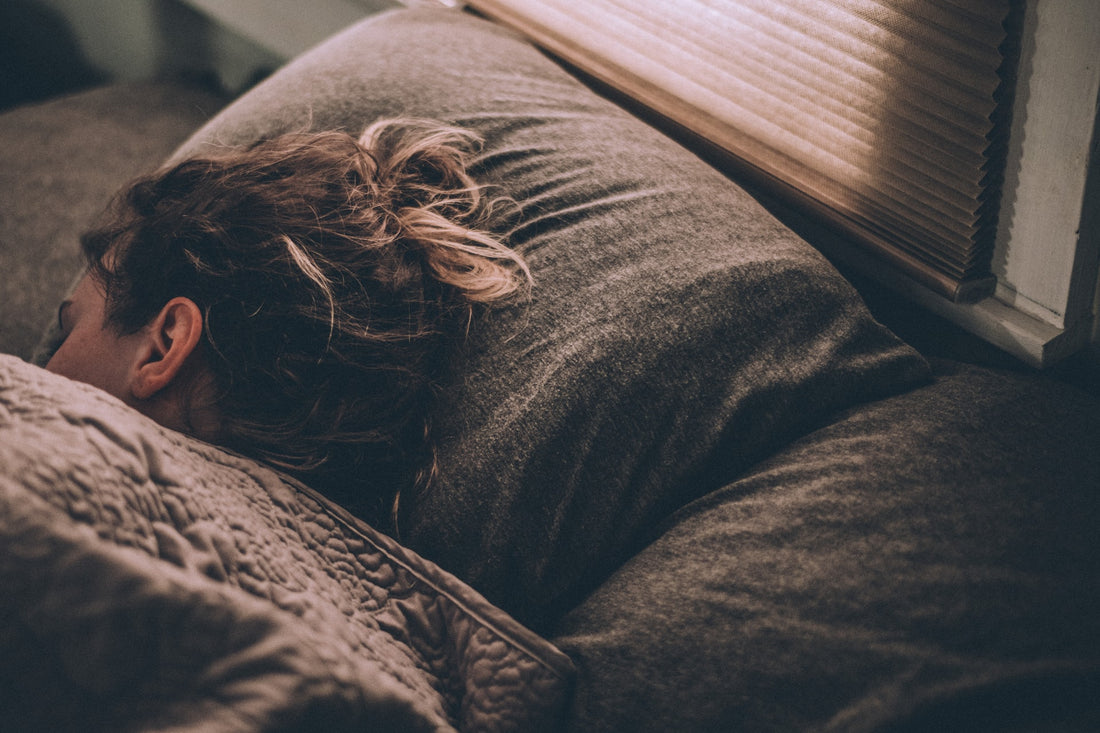According to a new study published in the journal One Earth, rising temperatures could mean lower quality sleep for human beings. Global warming from increased CO2 concentrations, it found, is suboptimal for human sleep patterns.
The investigation reviewed sleep data collected globally from accelerometer-based sleep-tracking wristbands. The data included over 7 million nightly sleep records from over 47,000 people across 68 countries spanning every continent on Earth (save Antarctica, of course).
The report’s main findings aren’t all that surprising– a hot summer night with no air conditioning is not ideal for sleep. Results showed that on nights warmer than 86 degrees Fahrenheit, sleep declines an average of 14 minutes. They also showed that the odds of getting less than 7 hours of sleep increases as temperatures rise. Finally, by 2099, suboptimal temperatures may cost 50 to 58 hours of sleep per person per year.

Why is Heat Bad for Sleep
Often, tossing and turning is the body trying to cool itself down. Your body is trying to find a position that is cooler than the one that is creating too much heat.
On a more scientific level, warm temperatures in the evening and during the night negatively impact our sleep by causing more awakenings. When it’s hot, we get less REM and low-wave (deep) sleep. According to Dr. Stephanie Stahl, an Indiana University Health Sleep Medicine physician, the optimal bedroom temperature during sleep is 60-67 degrees Fahrenheit for most people.
Tips to Beat the Heat
If you don’t have access to air conditioning (and even if you do), it can be difficult to stay cool at night. Here are some quick tips to remaining cool and getting good sleep:
- Close windows and blinds during the day to keep heat out
- Limit bedding (cover with a thin blanket if anything)
- Choose cotton or other lightweight and breathable materials for pajamas
- Place a cool, damp cloth on your head (where heat leaves the body)
- Take a cold shower before bed
- Cool hands and feet down by keeping them outside the covers
- Limit exercise before you go to bed (to avoid having an accelerated heart rate that will keep you warm longer)
- Put refrigerated cooling gel pads in the bed at night

